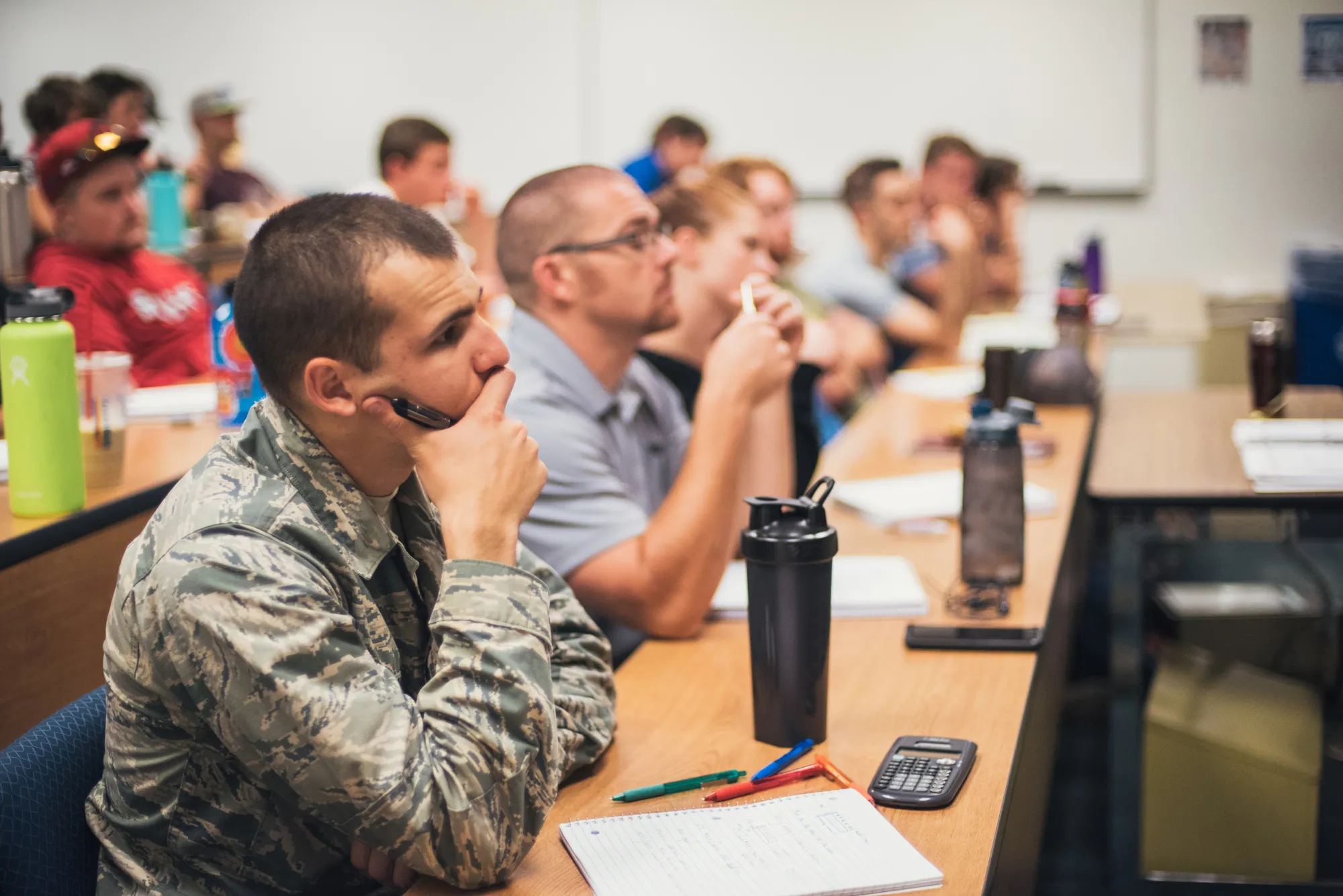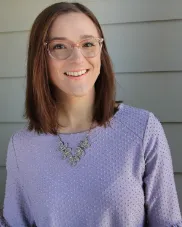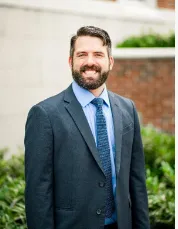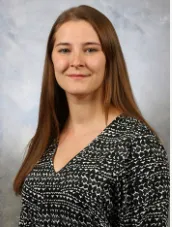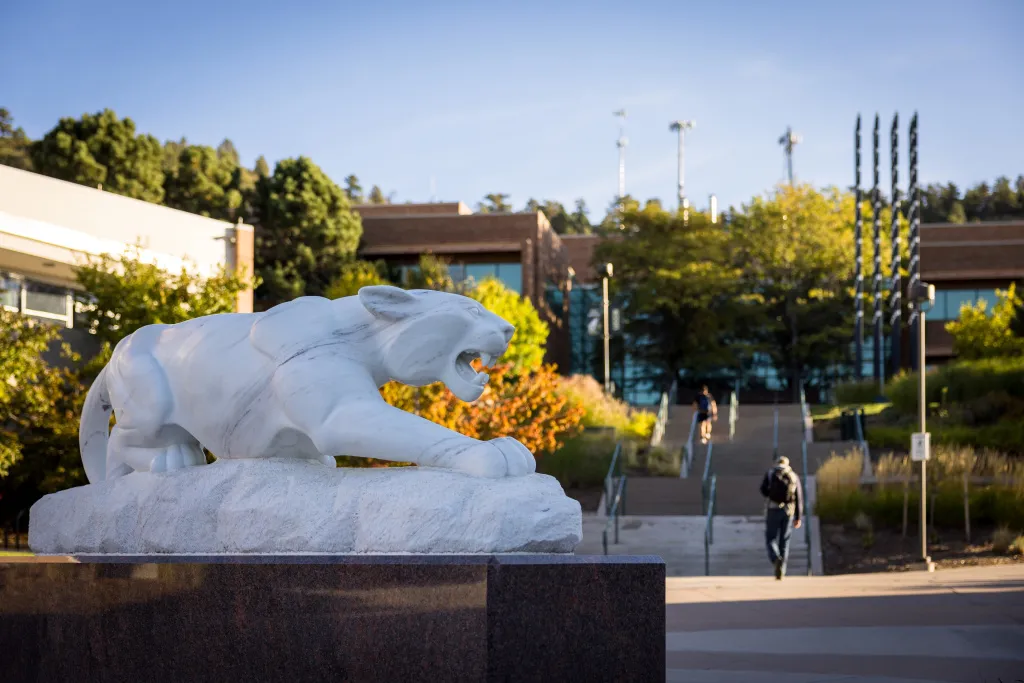
Economics Program
Is Economics the right career for you?
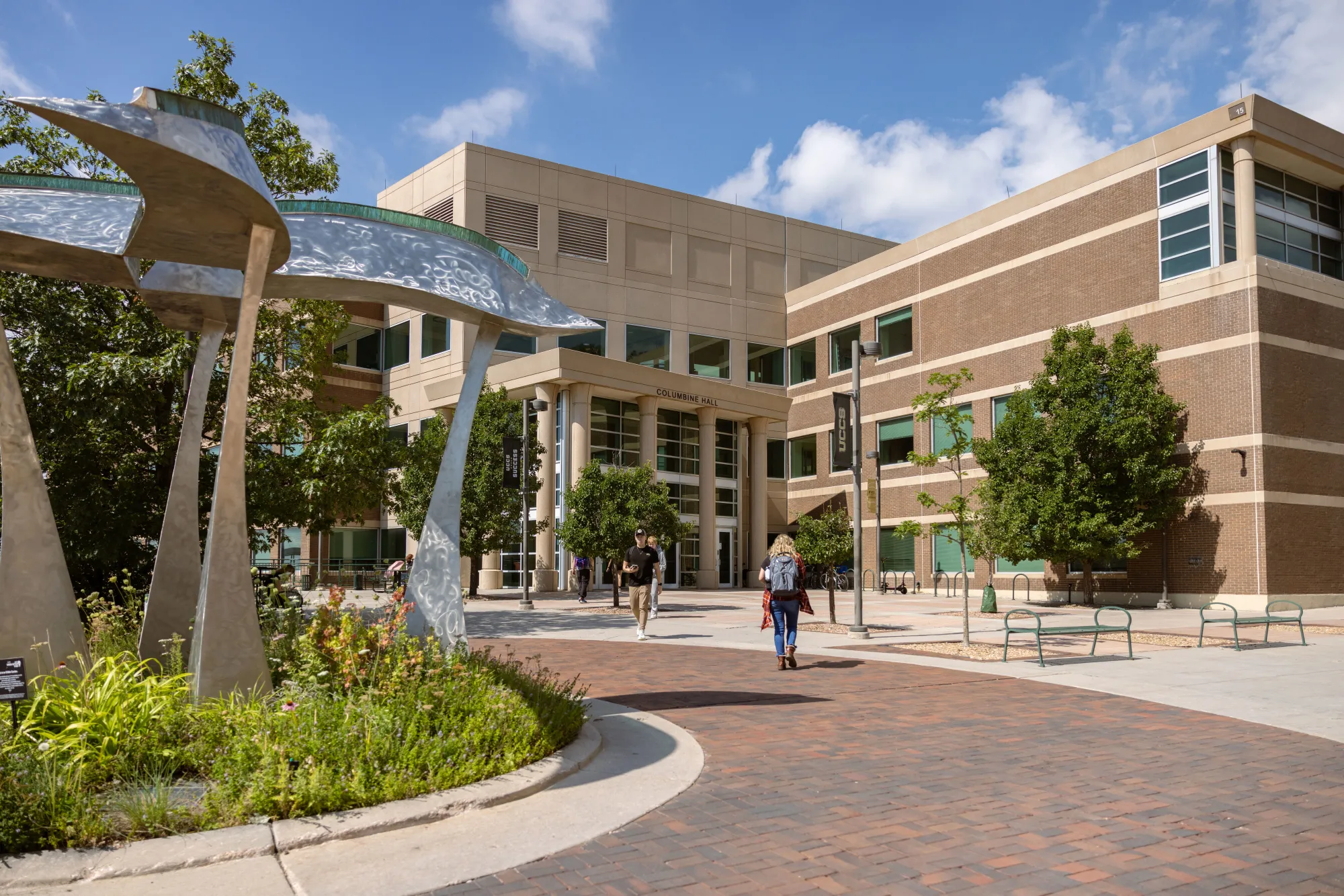
Learning about economic concepts can help you to understand the news, make financial decisions, shape public policy, and see the world in a new way.
Have you ever asked these questions:
- Should we increase trade with other countries? Why do some people earn more than others?
- How can data help us understand the world?
- Why do we ignore information that could help us make better decisions?
- Why should we worry about increases in government spending?
Where can a career in Economics take me?
Economists have all kinds of jobs – they work in business, government, and education. Employers know that economics graduates have good skills with regard to decision-making and are good with quantitative analysis. Using theory and data, they evaluate programs, study human behavior, and explain social phenomena. And, their contributions inform everything from public policy to household decisions. Take a look at the salary guide below:
College Major | Starting Salary | Mid-Career Salary |
|---|---|---|
Petroleum Engineering | $94,500 | $176,900 |
Electrical Engineering & Computer Science | $88,000 | $142,200 |
Applied Economics and Management | $50,900 | $140,000 |
Operations Research | $77,900 | $137,100 |
Political Economy | $57,600 | $136,200 |
Actuarial Mathematics | $63,300 | $135,100 |
Electrical Power Engineering | $72,400 | $134,700 |
Business Analysis | $57,200 | $133,200 |
Pharmacy | $79,600 | $132,500 |
Aeronautics & Astronautics | $73,100 | $131,600 |
Econometrics | $60,100 | $131,00 |
Selected Salaries for majors (payscale)
UCCS offers a variety of undergraduate degree options that allow you to shape your undergraduate education to fit your particular interests and career goals. Check out the table below to see what type of industries Economic majors are hired in:
Industry | Annual Wage |
|---|---|
Finance and Insurance | $118,290 |
Federal and Government, excluding Postal Service | $119,590 |
Scientific Research and Development Services | $109,670 |
Management, Scientific, and Technical Consulting Services | $110,630 |
State and Local Government, excluding Education and Hospitals | $70,280 |
Median Annual Wages for Economists in May 2018 in the top 5 industries employing economists (Occupation Outlook Handbook)
Economics in Action

Faculty Research
Economics is about the problems and prospects of people, with a view to bettering their material conditions. Keeping this in mind, I study the problems faced by households and workers in different types of economics – ranging from the US to those in South Asia. Two of my current projects are the following:
Research in South Asia
In the remote hills that are in the Southeast of Bangladesh, there are large numbers of indigenous communities who are different in appearance, language, habits, and general culture from the rest of the country. With my colleague from this region, I am studying the changes in the subsistence economies in this area. In particular, we are looking at water use by households and farmers in this area.
We examine this by interviewing women in this area to gauge the effect on water of the increased interactions among indigenous communities in the hills and settler communities from the plains, the advent of development agencies in the areas of indigenous peoples, greater commercialization, and the shrinking of water resources. The focus is on water availability, collection, and use – through which we mark changes farming practice, occupations, and migration.
Research in the United States
The compensating wage differential (CWD) for nonfatal injury and value of statistical injury in occupations have rarely been analyzed separately by gender or race. My project, done with my colleague at North Carolina Central University, uses individual level data from the 2012-2015 March Current Population Survey in the United States to estimate the CWD as well as the value of statistical injury (VOI) by race and gender.
Faculty in the News
KOAA - Edward Hoang on the Federal Reserve raising interest rates (2022)
In an interview with KOAA, UCCS Economics professor Edward Hoang, Ph.D. speaks on the Federal Reserve's decision to raise interests rates despite the war in Ukraine, and the implications of that decision for American consumers:
KOAA - Joe Craig CPF ranking (2019)
Ever wondered how economics can be used in college football rankings? Check out this KOAA interview with Economics Department Chair Joe Craig, Ph.D.
Economics Study Tour
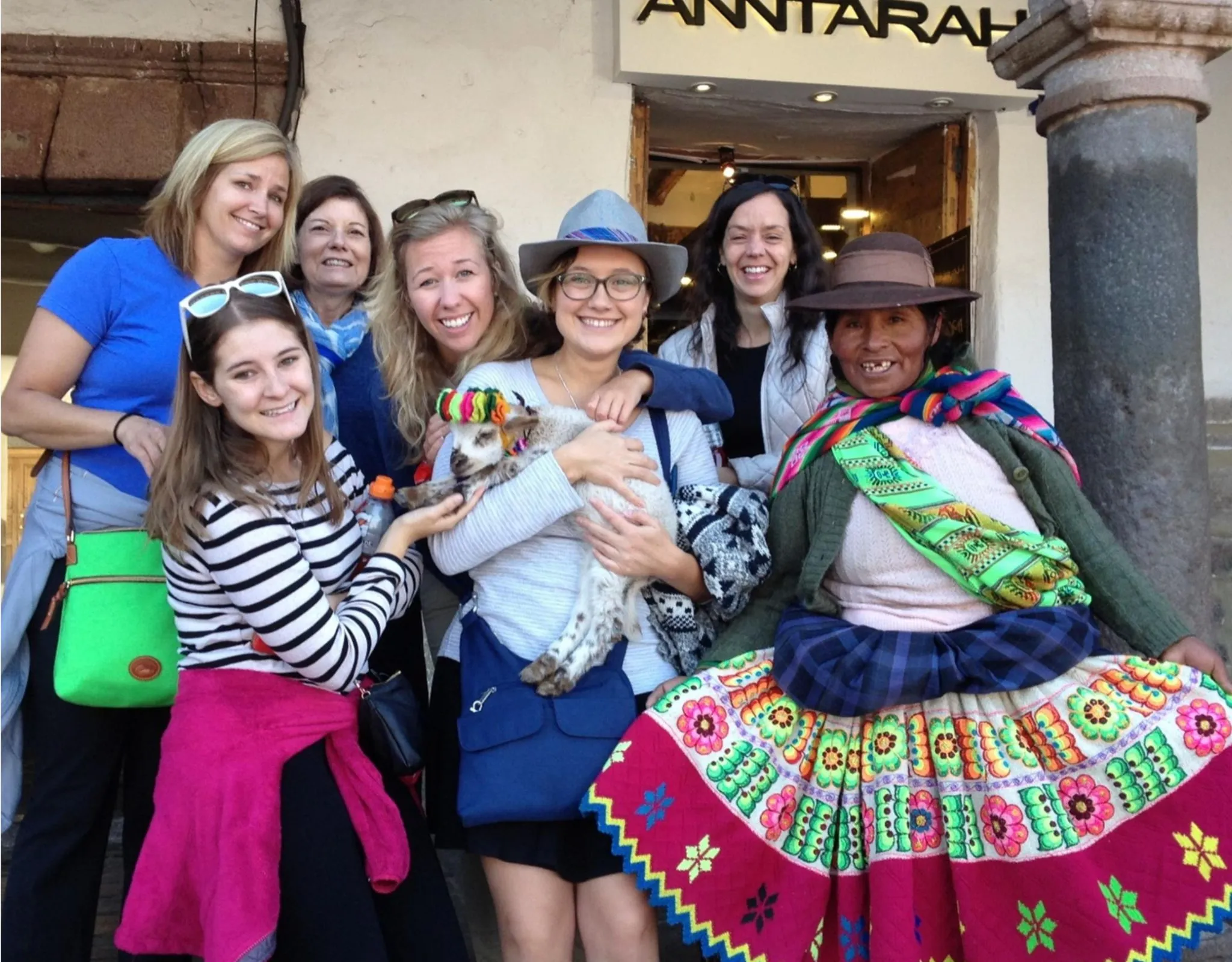
Local Community Engagement
Through the Quad Innovation Partnership, UCCS students have the opportunity to collaborate with other students from Colorado College, Pikes Peak Community College, and the Air Force Academy to solve community issues. Take a look at this Communique article that details how our Econ students are actively involved in local innovation projects:
Where are UCCS Economics students today?
Undergraduate Degree Options
